voodoo_child
TPF Noob!
- Joined
- Aug 24, 2006
- Messages
- 41
- Reaction score
- 0
A fully manual dslr :greenpbl:
Just a light meter, aperture, shutter speed, ISO (and maybe an LCD) with manual focus lenses
Aimed towards creative/artistic enthusiasts who want total control and no auto nonsense.
Why pay for setting and modes you never use?
Advantages of manual dslr:
-Less electronics = longer battery life + less chance of things to go wrong
-cheaper - less electronic components needed
-Smaller, lighter
-Money saved in production could be used to design a decent metal casing, no more plastic crap
If you could save some $$$ would you buy a dslr with only manual settings?
(I know it will never be made, just want to hear your opinions)
Just a light meter, aperture, shutter speed, ISO (and maybe an LCD) with manual focus lenses
Aimed towards creative/artistic enthusiasts who want total control and no auto nonsense.
Why pay for setting and modes you never use?
Advantages of manual dslr:
-Less electronics = longer battery life + less chance of things to go wrong
-cheaper - less electronic components needed
-Smaller, lighter
-Money saved in production could be used to design a decent metal casing, no more plastic crap
If you could save some $$$ would you buy a dslr with only manual settings?
(I know it will never be made, just want to hear your opinions)


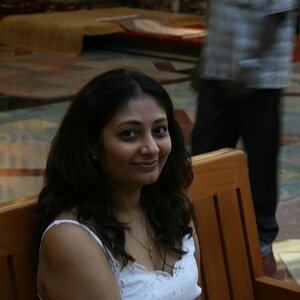
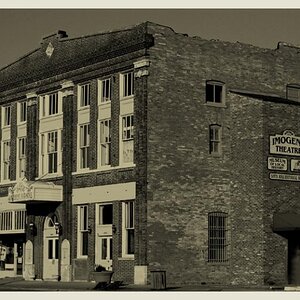
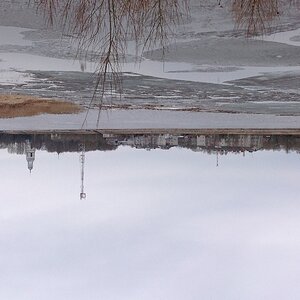
![[No title]](/data/xfmg/thumbnail/32/32702-7344d6e6132276dd7bfc046084fea432.jpg?1619735604)
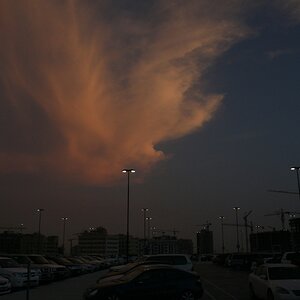


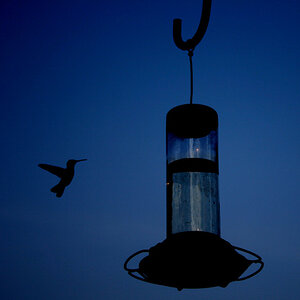
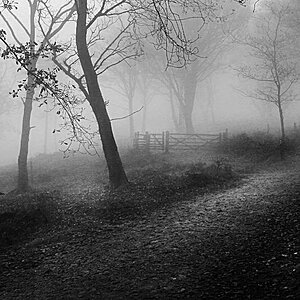
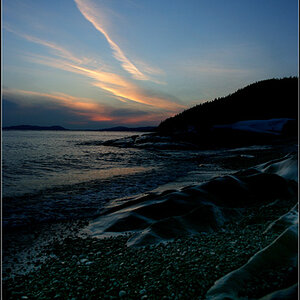
![[No title]](/data/xfmg/thumbnail/37/37605-90c8efaef5b7d1f52d4bf8e7dfd33673.jpg?1619738148)
